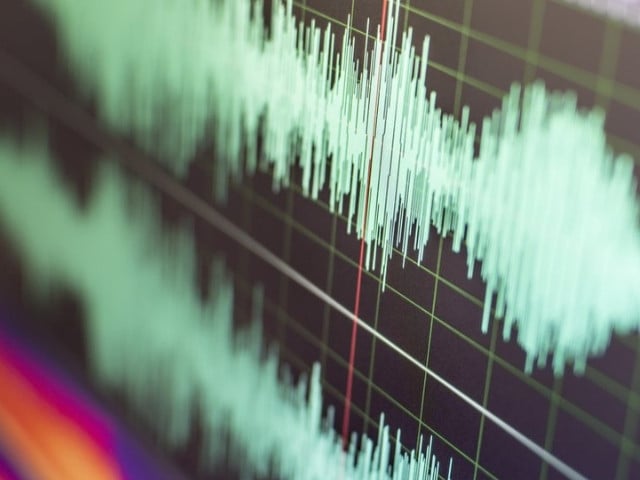KARACHI:The Islamabad High Court (IHC) in the audio leaks case ruled that any action of phone tapping without a legal mechanism was ‘illegal’.
The court denied the additional attorney general’s request for an in-chamber hearing in the case involving audio leaks.Justice Babar Sattar of the IHC presided over hearings concerning petitions filed by former first lady Bushra Bibi and ex-CJP’s son Najam Saqib regarding the audio leaks.
During the proceedings, Additional Attorney General Manoor Iqbal Dogal informed the court that the Ministry of Interior had established a Standard Operating Procedure (SOP) allowing ISI and IB to directly retrieve data from service providers.
Justice Babar expressed concern that an SOP issued by a section officer, rather than the appropriate authority, raises questions about its legality.He questioned the Ministry of Interior’s basis for issuing such an SOP, asking under which law it was authorized to share live location without a warrant and access data from service providers.
Justice Babar emphasized that the SOP issued by a section officer does not cover the specifics of phone tapping, which is a crucial distinction. He highlighted the need to examine the legal standing of this document.
The AAG added that in the case of missing persons, the Sindh High Court (SHC) had instructed the disclosure of data to intelligence agencies. The court then questioned whether this directive from the SHC was specific to a single case or applied as a permanent measure.
The court instructed the AAG to review the policy formulated in 2013 and determine if data had been acquired according to this policy’s framework. The AAG affirmed compliance.During the proceedings, the court asked about the rationale behind the Pakistan Telecommunication Authority (PTA) issuing directives.
In response, the PTA’s lawyer explained that a case before the SHC had convened all concerned parties, including the PTA, to devise a mechanism. This arrangement, unchallenged thereafter, evolved into the 2013 policy.
The court asked whether the PTA affirmed that it had not authorized any entity to engage in phone tapping.
In response, the lawyer confirmed that indeed, PTA has not granted permission for any form of phone tapping. The lawyer clarified that PTA’s role is regulatory and does not involve surveillance activities.


